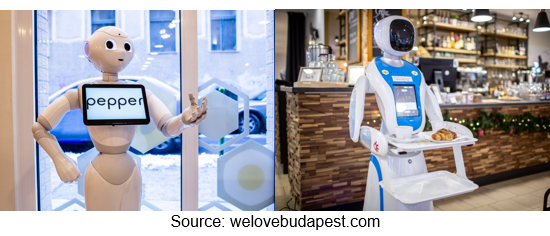What is the real situation regarding digitalization in German destinations?
The abbreviation DMO once stood for Destination Marketing Organisation and the work of a DMO concentrated on marketing the region by means of classic “push” advertising campaigns. As a result of digitalisation, many tasks have changed and a DMO is increasingly acting primarily as a destination management organisation.
Within the NTG Consortium, the DSFT is actively working on the implementation of content in a DMO competence matrix. The tasks and competencies anchored in this matrix are based on, among other things, the view that the DMO must set an example of leadership in digital issues to the actors in the region in order to keep pace with digitisation. The same applies to the management level of the DMO towards its own team. The right know-how and mindset is crucial for this. The DMO – together with a network of institutions – is therefore often responsible for the “digital” further education of (tourism) service providers. READ MORE












